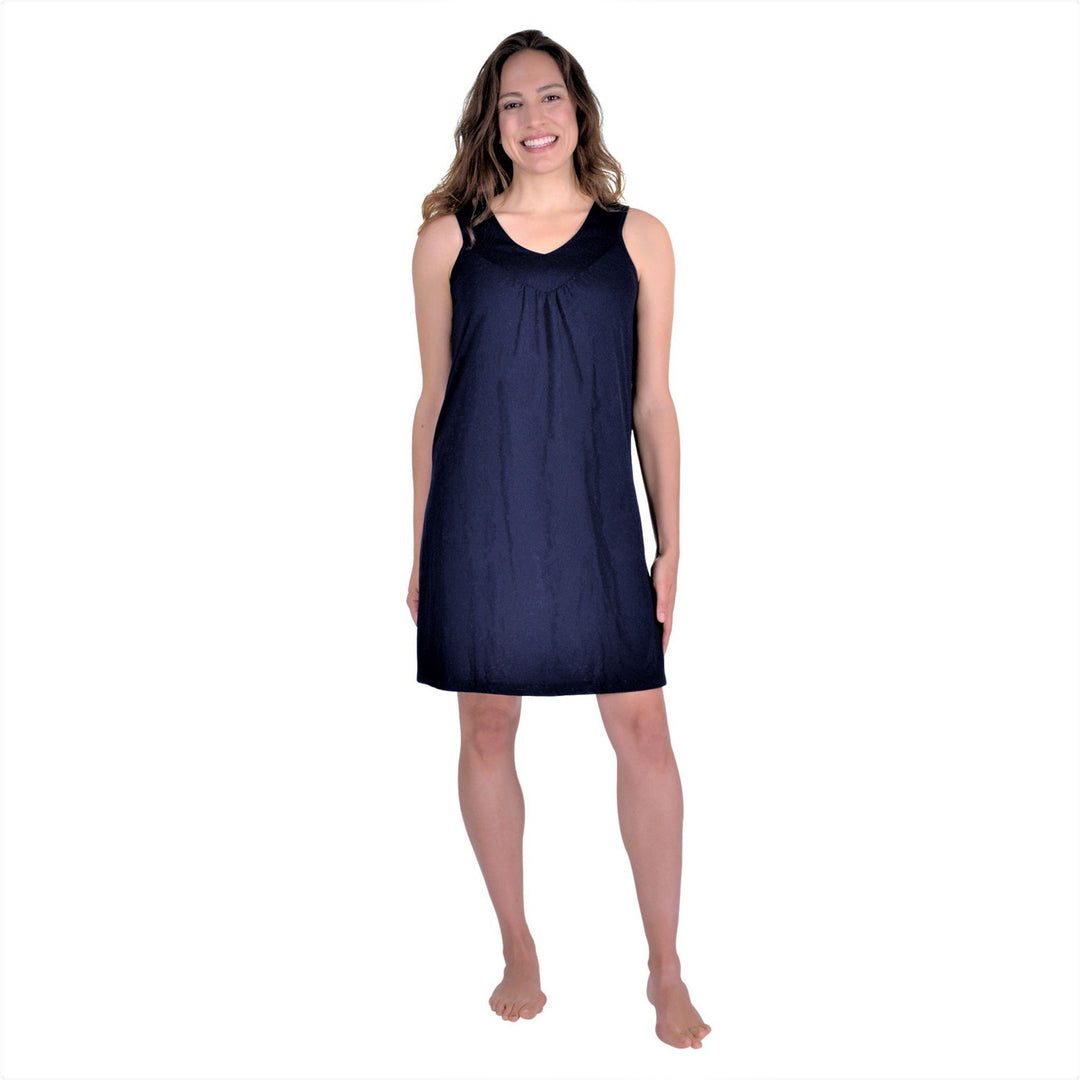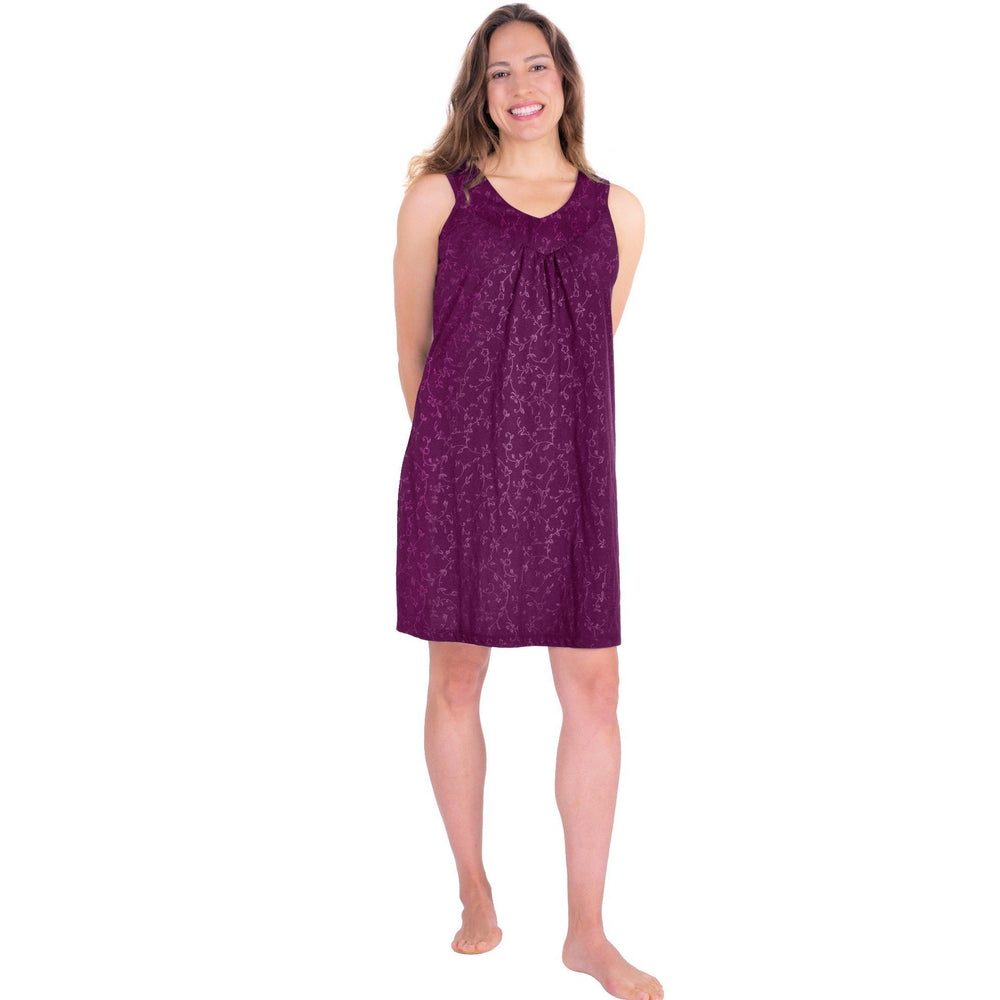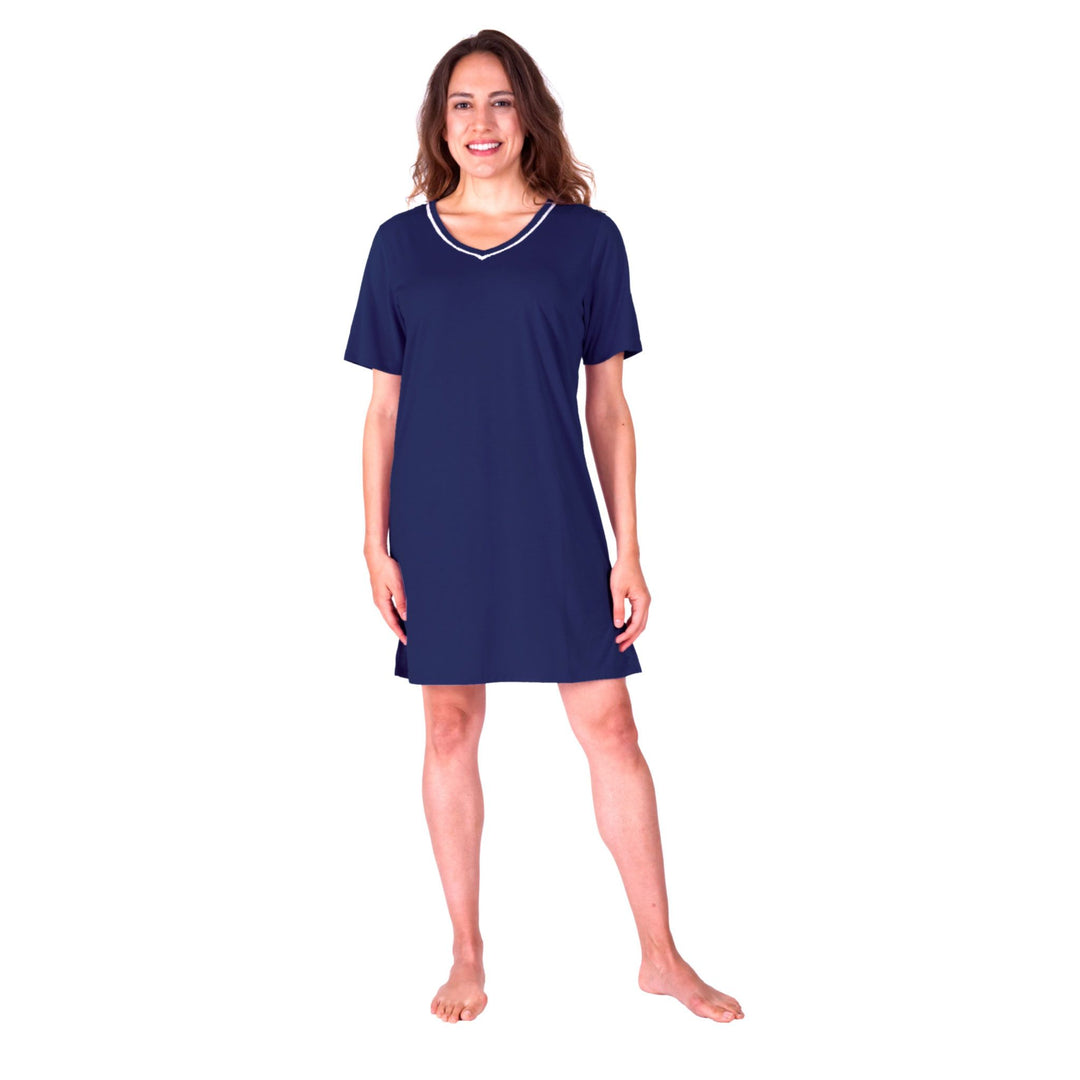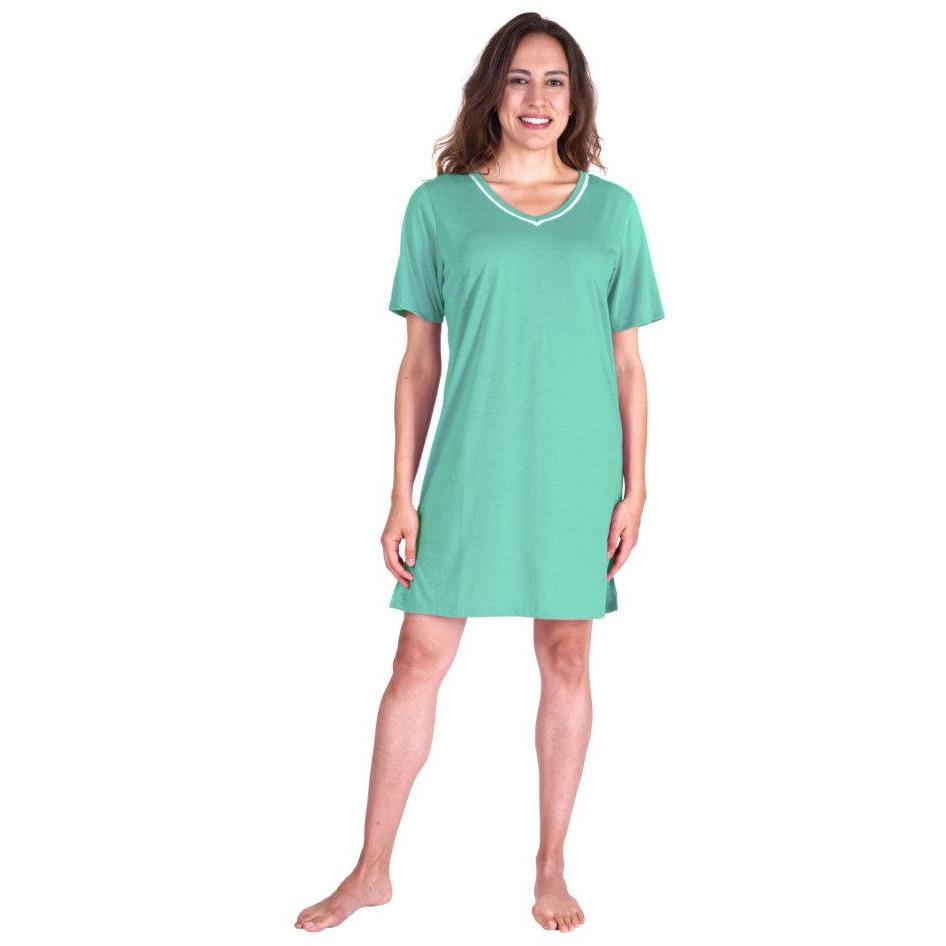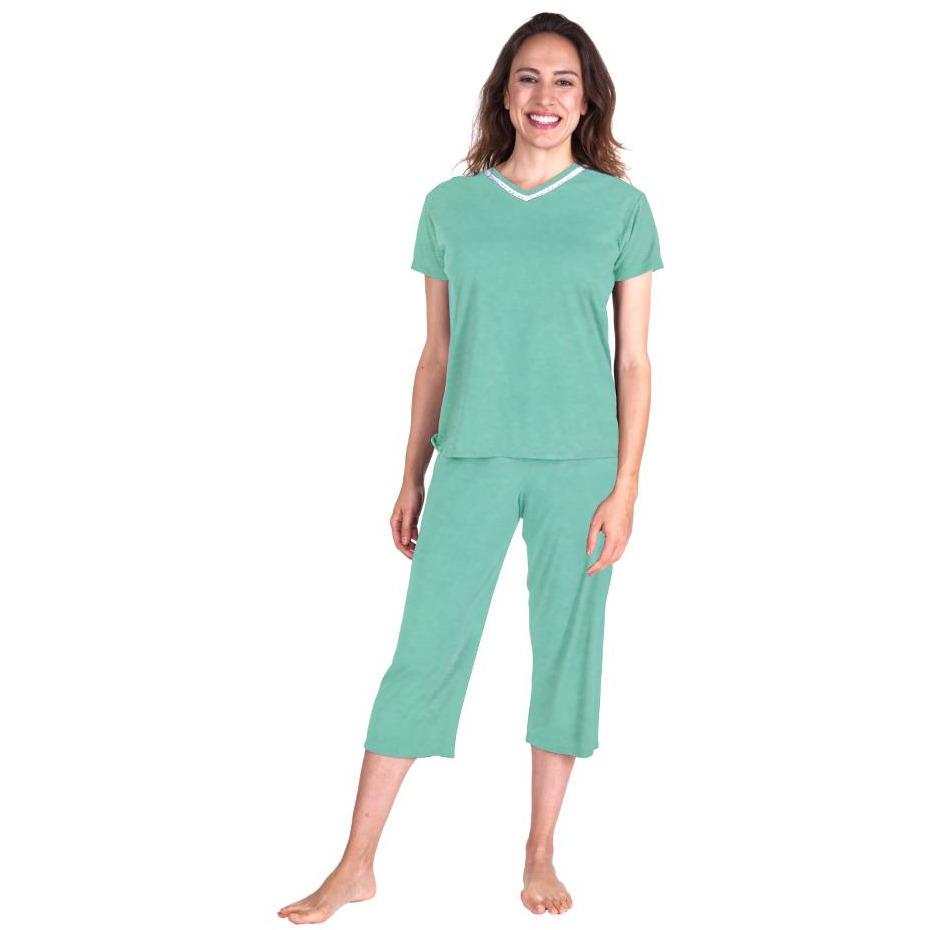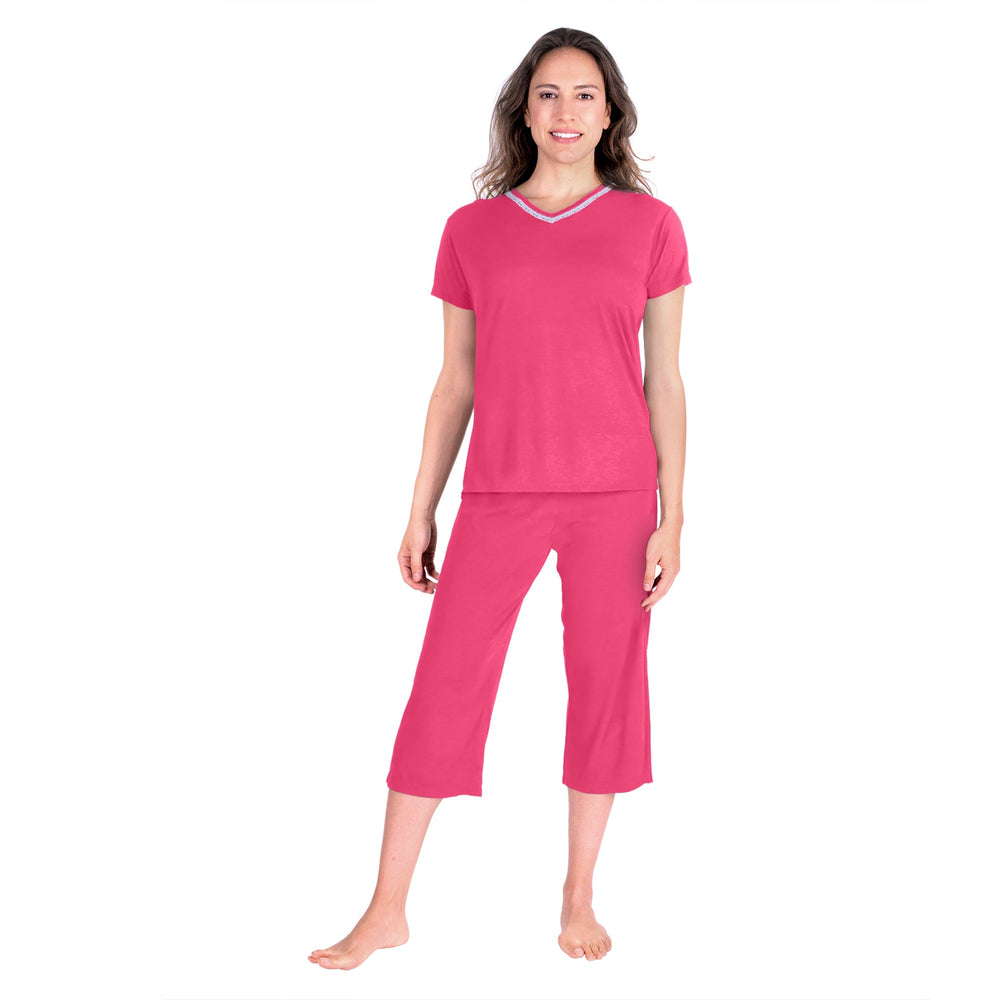5 Tips for Choosing Effective Relief for Menopausal Symptoms

Approximately 6,000 women in the U.S. reach menopause every day (about two million annually). The complaints heard most often include hot flashes, sleep disturbances, anxiety, poor mood, and physical and mental exhaustion. Hot flashes affect 80 percent of peri- or postmenopausal women, with 30 percent reporting hot flashes severe enough to affect the quality of their life. Standard hormone therapy has potential risks. Many health care professionals and their menopausal patients are seeking safer options that offer reliable relief.
Below is a list of five helpful tips women should consider when choosing an option to help relieve their menopausal symptoms:
- Know your symptoms and medical history. Not everyone experiences the same symptoms or to the same degree, and your symptoms may change over time. The type and severity of your menopausal symptoms may also affect available choices for relief. Some women may not be eligible for certain conventional options based on their age or menopausal phase. Some may also have an increased risk of adverse events to certain options due to personal or family health history
- Research conventional options and understand the risks. Menopausal hormone therapies are not recommended for all women or for milder symptoms, and are typically recommended at the lowest possible dose for the shortest amount of time possible due to concerns of adverse events. And several other commonly recommended conventional options lack supported data on efficacy and safety in use for relief of menopausal symptoms.
- Explore natural approaches for menopausal relief. For example phytoestrogens (e.g., soy, flax, hesperidin, flax, hops, kudzu, red clover) and non-phytoestrogens (e.g., black cohosh, traditional Chinese and Ayurvedic botanicals) are widely recommended, but may not offer the same degree of menopausal relief or be an appropriate choice for all women. However, a special and well-researched extract of Siberian rhubarb known as ERr 731™ (the active ingredient in Metagenics' Estrovera™) offers a safer and well-tolerated approach that has also demonstrated comparable efficacy to hormone therapies for relieving hot flashes in placebo-controlled studies--without the associated risks. ERr 731 has also shown significant relief (compared to placebo) for other common menopausal symptoms. Wicking pajamas and temperature regulating bedding can also be natural helpers for night sweats and hot flashes.
- Consult your doctor. Having an open dialogue with your physician is a vital step in the decision-making process. When considering a natural option--even those that may be available over the counter--consult a professional with experience recommending these approaches so protocol adjustments can be made if needed to find effective, personalized relief for menopausal symptoms.
- Listen to your body and track progress. After you've done your due diligence by researching all available choices and talking with your doctor to develop a program, notice how your body reacts to it. Keeping a hot flash diary can help you identify if the recommendations are working effectively. If you experience adverse effects, it may necessary to revisit other options. The body is an important indicator of whether you've made the right decision, so pay close attention to what it’s telling you.


